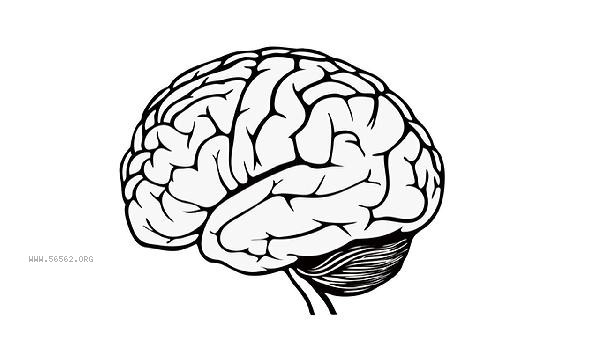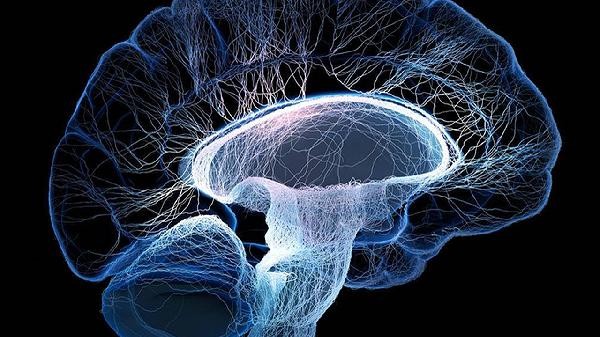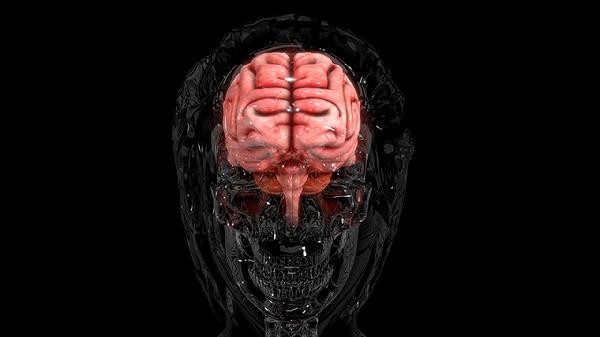It is recommended to seek medical attention from a neurology or psychology department if the brain is constantly in a distracted state, which may be related to factors such as attention deficit disorder, anxiety, depression, thyroid dysfunction, sleep disorders, etc.

1. Neurology
Neurology mainly investigates attention deficit caused by organic lesions. Long term distraction may be caused by insufficient blood supply to the brain, mild brain damage, or degenerative neurological disorders, which are often accompanied by symptoms such as headaches and memory loss. Doctors may evaluate brain function status through examinations such as electroencephalography and magnetic resonance imaging. If diagnosed with physiological reasons, they usually prescribe drugs to improve cerebral circulation or nourish nerves.
2. Psychology
Psychology focuses on evaluating attention problems caused by psychological factors. Continuous distraction is common in adult manifestations of attention deficit hyperactivity disorder, often accompanied by symptoms such as difficulty in time management and emotional fluctuations. Anxiety, depression, and other emotional disorders can also lead to cognitive dissonance, which can be diagnosed through scale assessments and interviews. Treatment often involves cognitive behavioral therapy combined with emotional regulation training.
3. Endocrinology
Thyroid dysfunction may cause similar symptoms. Both hyperthyroidism and hypothyroidism can affect the metabolic efficiency of the brain, manifested as distraction and fatigue, which require testing of thyroid hormone levels. If diagnosed with endocrine problems, attention problems can usually be improved by adjusting hormone levels through medication.

4. Sleep Medicine Center
Sleep disorders are closely related to daytime attention. Sleep apnea, insomnia, and other conditions can cause the brain to be unable to enter a deep resting state, resulting in frequent daydreaming during the day. Multi channel sleep monitoring can accurately evaluate sleep quality, and treatment options include ventilator intervention, sleep hygiene guidance, etc.
5. Otolaryngology
Chronic sinusitis or otitis media may indirectly affect cognitive function. Long term nasal congestion leading to cerebral hypoxia or impaired balance caused by otitis media may manifest as lack of concentration. This type of situation requires exclusion of potential effects through nasal endoscopy, hearing tests, etc.

Mindfulness meditation training can be tried in daily life to improve concentration. Maintaining a regular schedule and moderate exercise can help improve oxygen supply to the brain. Add deep-sea fish, nuts, and other foods rich in omega-3 fatty acids to your diet to avoid blood sugar fluctuations caused by high sugar diets. If self-regulation is ineffective or symptoms continue to worsen, it is recommended to seek medical attention as soon as possible to identify the cause. Joint diagnosis and treatment in different departments can often provide a more comprehensive solution to the problem.







Comments (0)
Leave a Comment
No comments yet
Be the first to share your thoughts!